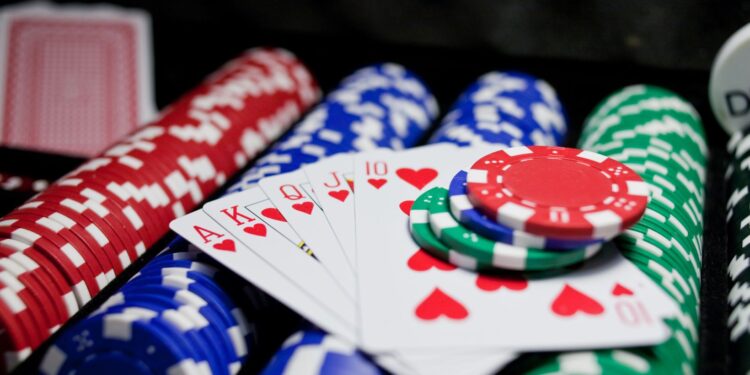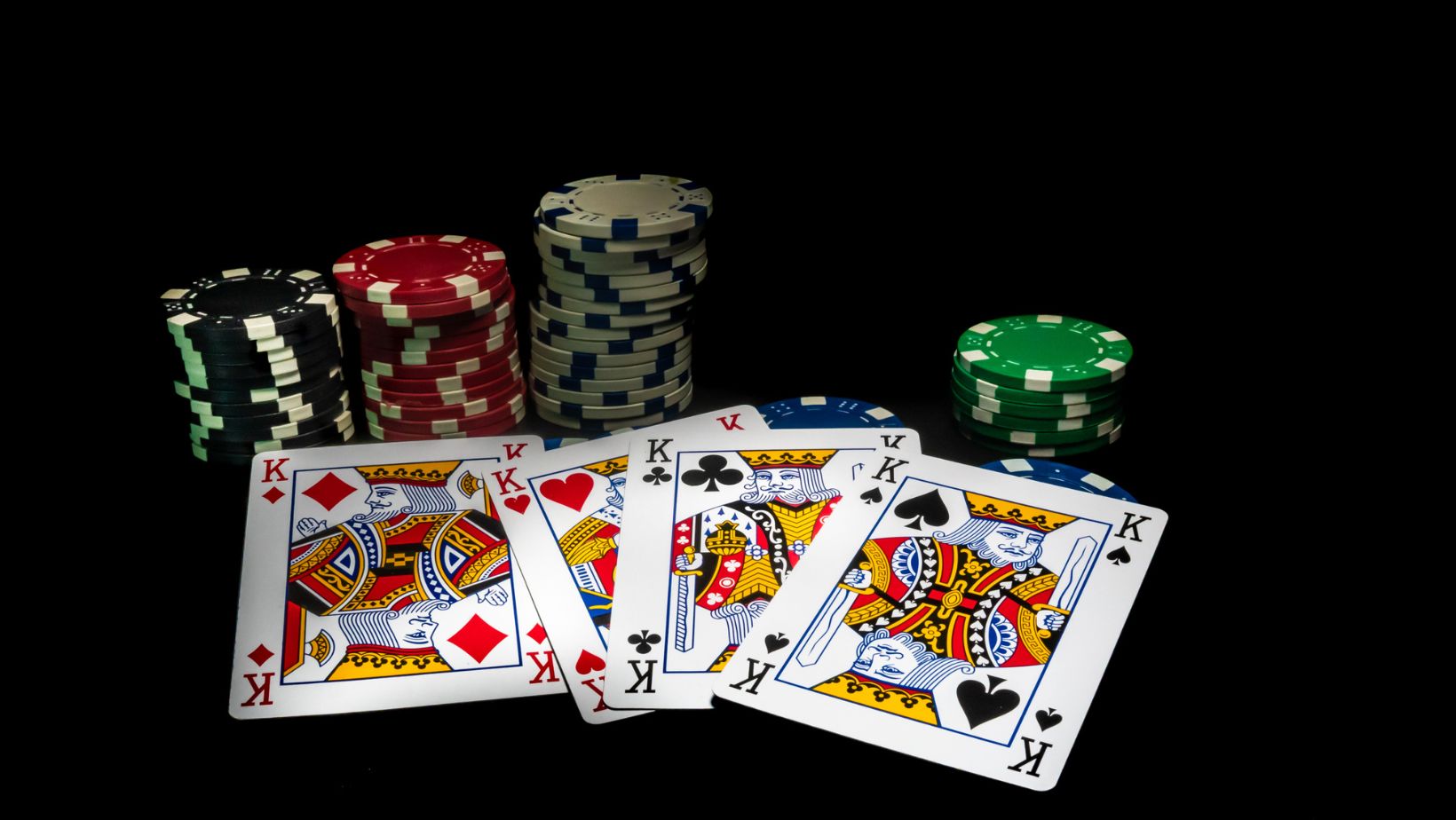Physical fitness gets a lot of attention, but mental fitness is just as important. Activities like chess, sudoku and video games are often celebrated for improving cognitive abilities. Poker deserves a place on that list. Far from being mere gambling, competitive poker is a strategic pursuit that exercises memory, emotional control and probabilistic thinking. It requires players to analyse incomplete information, adapt to constantly changing dynamics and make decisions under pressure. The skills you develop at the tables can translate to everyday life, from managing stress to sharpening your decision‑making at work.
If you’re curious about incorporating a new mental workout into your routine, understanding how poker benefits the brain – and how to get started online – will set you on the right path.
Cognitive Benefits of Poker
Research and player experience point to several ways poker trains your mind:
- Working memory → Keeping track of outs, pot sizes, stack depths, and opponent tendencies taxes your short-term memory. Over time, this constant mental juggling improves your ability to hold, recall, and manipulate information — a skill that can enhance problem-solving in academics, careers, or even day-to-day decision-making.
- Analytical thinking → Poker demands rapid calculations of probabilities and expected values. This strengthens numeracy while teaching you to weigh risks versus rewards in real time, much like assessing investments or weighing choices under pressure.
- Patience and discipline → Folding hand after hand until the right opportunity comes builds self-control. By resisting impulsive calls, you learn the value of long-term thinking and delayed gratification.
- Emotional regulation → Bad beats and near-misses teach resilience. Over time, players develop the ability to separate emotions from actions, a skill that’s invaluable in high-stakes work or personal challenges.
- Pattern recognition → Observing opponents and spotting betting patterns sharpens your ability to read subtle cues and anticipate behaviour. This situational awareness extends beyond poker, improving your ability to detect trends in business, negotiations, or social interactions.
- Strategic adaptability → Every poker table is different. Adjusting to aggressive players versus conservative ones trains mental flexibility — the ability to change strategies quickly without losing focus.
Setting Up Your Brain Gym
Getting started with online poker is simple, but choosing the right environment is crucial for success. Look for platforms that offer micro-stakes tables and free-to-play games so you can practice without significant financial risk. Educational resources like hand-analysis tools, forums, and strategy articles can accelerate learning, while some sites even provide built-in training modes with coaching tips or quizzes.
As you transition to real-money play, bonus offers can provide a useful boost. Many established poker brands, including those connected to the World Poker Tour, extend welcome promotions that let players explore games with added value. For instance, a WPT global bonus code, often available through trusted hubs like PokerCalendar Asia, can stretch your initial deposit and give you more room to practice strategically. These promotions typically release in increments as you generate rake, encouraging consistent, disciplined play instead of reckless experimentation.
Incorporating Poker into a Fitness Routine
To reap the cognitive benefits of poker, treat it like any other training regimen:
- Schedule sessions → Dedicate specific times in your week to focus on playing and studying. Short, regular sessions (30–60 minutes) are more effective than marathon nights, which can lead to fatigue and sloppy play.
- Set goals → Define what you want to work on – whether it’s mastering position, improving three-bet ranges, or learning tournament endgame strategy. Breaking these into weekly or monthly milestones makes progress measurable.
- Review hands → After each session, review key hands to identify mistakes and areas for improvement. Many players keep a journal, use HUDs (heads-up displays), or review with peers to sharpen insights.
- Stay balanced → Poker should complement, not replace, other cognitive and physical activities. Pairing it with exercise, meditation, or creative hobbies supports overall well-being. Sleep and nutrition also play a critical role; a tired or distracted mind won’t perform at its best.
Beyond the Felt
The mental muscles you build at the poker table have real-world applications far beyond gaming.
- Negotiation and business strategy → Calculating odds and risk in poker mirrors weighing costs and opportunities in contracts or deals.
- Stress management → Learning to bounce back from “bad beats” trains emotional resilience that carries into high-pressure environments like presentations or leadership roles.
- Financial decision-making → Bankroll management instills habits of budgeting, risk allocation, and long-term planning that translate directly to personal finance and investing.
- Everyday problem-solving → Whether planning a trip or troubleshooting a project, the probabilistic thinking poker fosters helps you evaluate multiple outcomes and adapt quickly when things change.
Conclusion
Poker offers more than entertainment; it’s a rigorous workout for your brain. By understanding the cognitive benefits, setting up a structured practice routine and using promotions judiciously, you can turn online play into a mental training tool. Whether you’re a casual gamer or looking to sharpen your strategic thinking, the lessons learned through poker will serve you well beyond the virtual felt.



